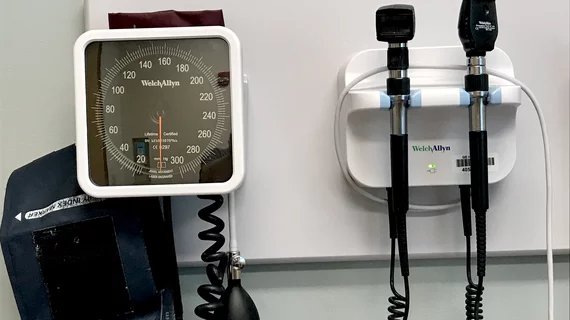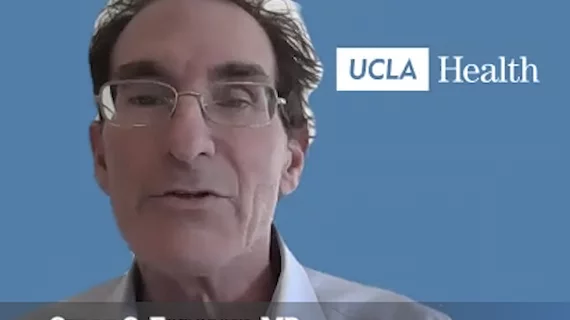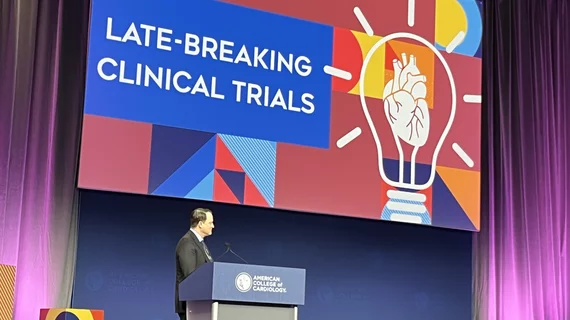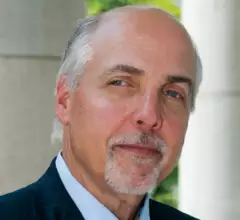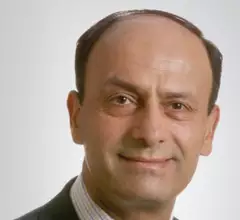Due to advances in medical, surgical and transcatheter therapies, there are now more adults living with congenital heart disease (CHD) than children. Development of accessible integrated transition pathways from pediatric healthcare systems to specialized adult CHD centers will be essential to improve cardiac health, longevity and quality of life for children as they age. There are numerous potential barriers, such as inadequate self-understanding of the nature of their heart disease, separation from parental support, insurability concerns and lack of knowledge of available support resources, that can have a negative impact on the health of young adults living with CHD. Organized planning and access to centers with specialization in the management of adult CHD can prevent long periods of being lost to follow up and potentially irreversible decline in quality of life.
![A majority of medical devices involved in Class I recalls were never required by the U.S. Food and Drug Administration (FDA) to undergo premarket or postmarket clinical testing, according to new research published in Annals of Internal Medicine.[1]](/sites/default/files/styles/top_stories/public/2024-09/istock-1209664264.jpg.webp?itok=gQInU1vO)
